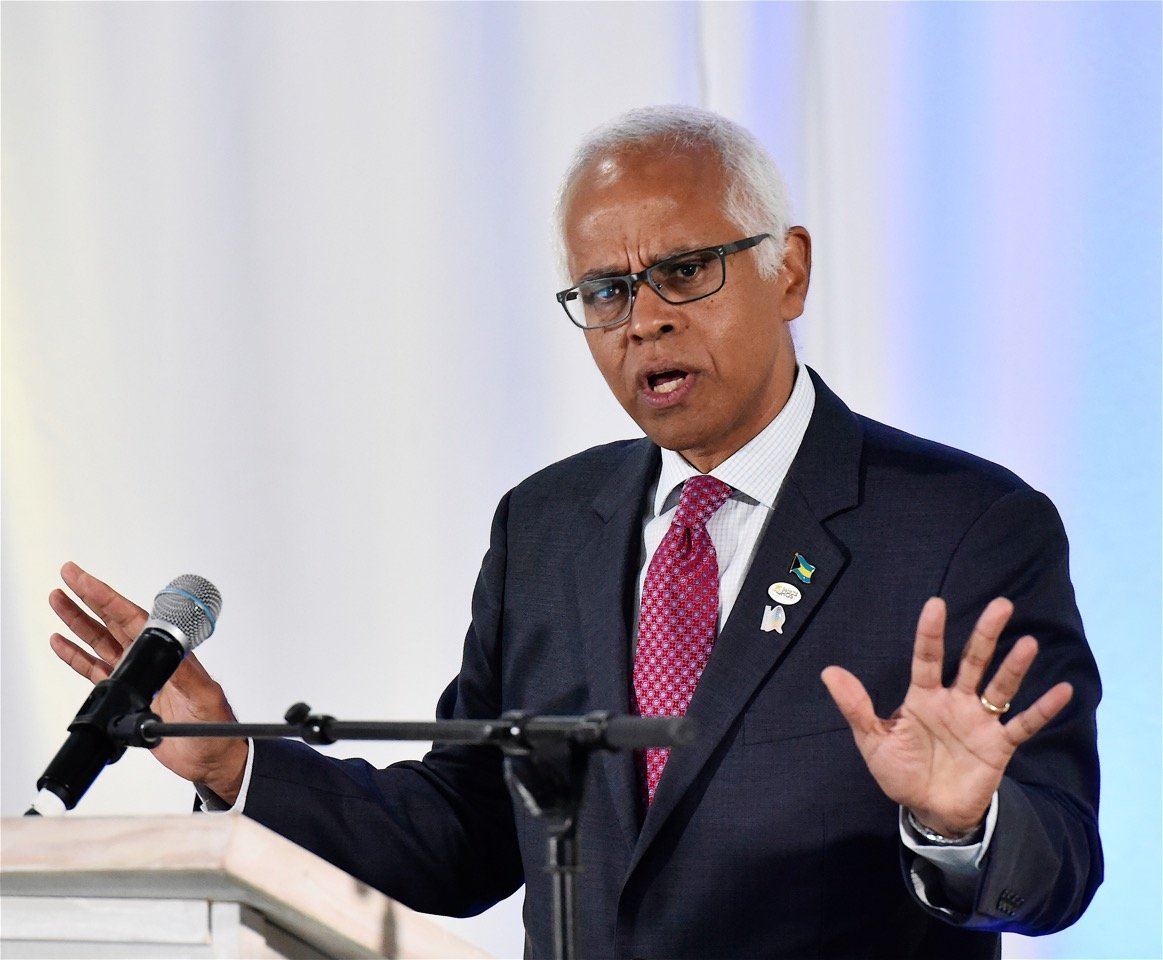NASSAU, BAHAMAS — An auditor general’s report into The Bahamas travel health visa (BTHV) has found that contracts for the program were not executed in accordance with the country’s financial regulations.
According to the report tabled in Parliament yesterday, just over $34 million in gross revenue has been collected from the health visa program, which launched in November 2020.
The report noted that revenue was not transmitted to the Consolidated Fund on a timely basis, which the Ministry of Tourism acknowledged but said that at the time it was more focused on customer experience than providing the required monthly accounting data in a digestible format.
As a result of the chronology of events, there were actions taken that would ordinarily be frowned upon in the grand scheme of governance.
– Deputy Prime Minister Chester Cooper
The report noted that the Bahamas Department of Transformation and Digitization was initially engaged and started the software development process in July 2020, however, due to a shortage of programmers available at the time, Think Simple was brought on to complete the engagement.
Both Think Simple and Alpha Tango Media, which managed the 120-plus approved testing labs and day-five tests, were introduced by former Tourism and Aviation Minister Dionisio D’Aguilar.

CG Atlantic, which provided the travel health insurance, was paid $16.78 million between November 2020 and August 2021, and also commenced its services with a verbal agreement.
The report noted that COVID-19 “necessitated some realities that are not reflected in the financial regulations”.
It noted that considering the $16.78 million paid to CG Atlantic, it would have been “prudent” to get at least one other quote despite the pressing time limitations.
The report stated: “We noted that the contracts for the BTHV program were not executed in accordance with the financial regulations 1975 Section 21(58), which stated that ‘all awards of contracts for supplies, works and services required by the government in excess of $250,000 shall be made by Cabinet’.”
According to the report, services relative to the program commenced initially with only a verbal agreement, with contractual agreements executed weeks or months later.
The Ministry of Tourism, for its part, acknowledged the lack of competitive bidding and the failure to execute contracts prior to the launch of the current version of the Bahamas travel health visa, citing time constraints as one of the reasons for doing so.
Kanoo
The auditor general’s report noted that while the Ministry of Tourism did ultimately submit fully executed contracts with the companies involved, there was no contract officially executed with Kanoo.
According to the Ministry of Tourism, the company was brought on due to the urgent need to provide an electronic payment solution for the travel health visa.
 Between November 2020 and August 2021, the company was paid $456,992.83, according to the report.
Between November 2020 and August 2021, the company was paid $456,992.83, according to the report.
According to the auditor general: “The opening of the bank account with Kanoo at the Bank of the Bahama is in violation of the Financial Administration and Audit Act, Section 24, which states ‘no person shall open an account with respect to public money with any bank without the written approval of the minster and no bank shall permit an overdraft of any such account unless such overdraft has been authorized in writing by the minister’.”
While the auditor general has asserted that only the minister of finance has the authority to open a bank account on behalf of the government, the Ministry of Tourism contended that Kanoo received written authorization from the management of the ministry to open the bank account on its behalf.
According to the Ministry of Tourism, the Promotion of Tourism Act empowers the minister of tourism to enter into contracts “as the minister may deem necessary”.
The ministry also said it “has always operated accounts into which receipts were disposed and from which disbursements were made using its long-established system of internal controls for paying vendors”.
Discrepancies
According to the report, the Ministry of Tourism reported gross revenues of $34,442,104 (net of value added tax), total expenses of $23,657,900 and net amounts of $10,784,204 for the 10-month period of November 2020 to August 2021.
Extraordinary steps were taken to ensure the travel health visa was implemented as directed by the government of the day.
– Deputy Prime Minister Chester Cooper
While just over $34 million was collected, the report noted a variance of $21,388 when the sum was reconciled with the Treasury’s Financial Management System.
The report noted that accounting records were producing discrepancies of up to $62,471 in understatement of revenues.
The report also noted that Port’s International had been overpaid by $43,947.68, with the auditor general recommending that the sum be recovered.
The Ministry of Tourism explained, however, that the agreement with the company called for advanced payment at the beginning of the month and by the end of the month, reconciliation of previous months would occur, thereby resulting in payments netting out at the end of the contract.
Tourism, Investments and Aviation Minister Chester Cooper, commenting on the report yesterday, noted: “As a result of the chronology of events, there were actions taken that would ordinarily be frowned upon in the grand scheme of governance.
“These were extraordinary times and I am advised by the technical people in the Ministry of Tourism that extraordinary steps were taken to ensure the travel health visa was implemented as directed by the government of the day.”


















